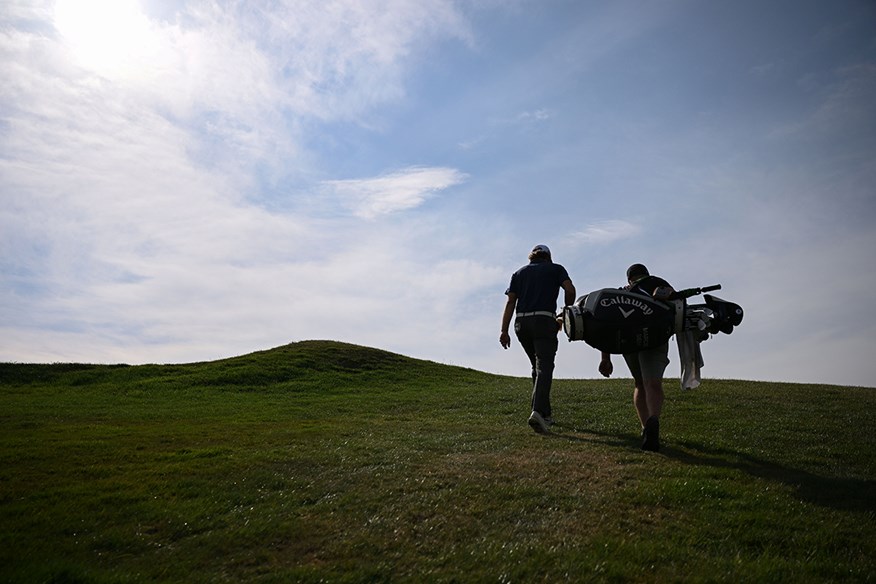‘Scared’ DP World Tour star on battling back after losing the plot and his tour card
Published:
In this raw and unfiltered interview, Marcel Siem reveals all about his mental health struggles, the ‘regrettable’ swing change that cost him his tour card, and how a shock cancer diagnosis forced him to get his career back on track.
If there’s one thing Marcel Siem could never be accused of, it’s being boring. For the better part of two decades, the German maverick was as famous for his wild nights and bleary-eyed tee times as he was for his colourful outfits and swashbuckling golf.
He partied hard, broke three course records (possibly more) while hungover, and carried a reputation as the European Tour’s resident rockstar. And he played the role very well, until he changed his grip, lost his card, and entered a whirlpool of depression and self-loathing.
What followed, he says, is a story of harsh truths, long car journeys, and the “painfully tough process” of trying to piece his game back together again while his wife, Laura, was battling cancer.
In this exclusive interview, the 45-year-old took time out from a cigarette break to open up about the emotional highs and lows, the now infamous hangovers that led to some incredible golf, and how he came back swinging again with the help of his daughter and life coach.
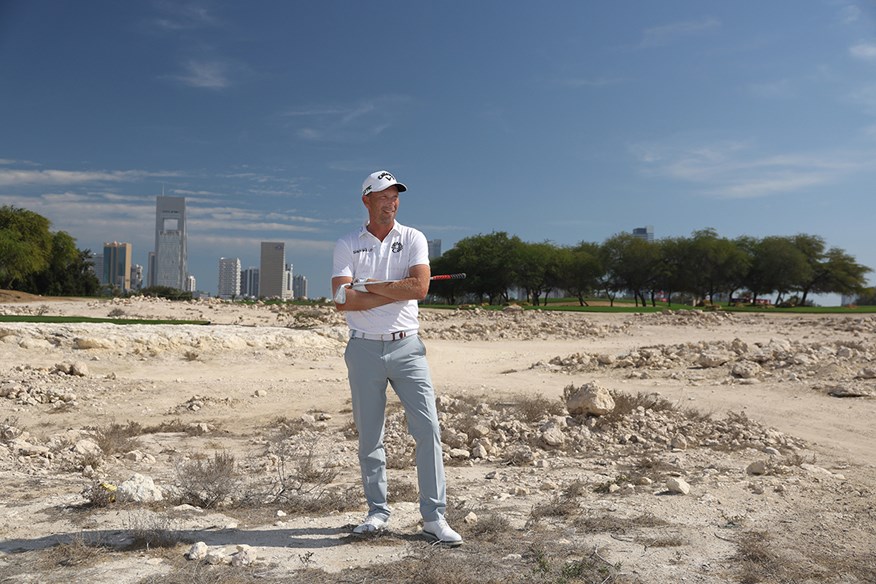
Q. It’s been 25 years since you turned pro. How would you describe your relationship with golf these days? Do you still enjoy the daily grind?
It is great, especially when you do well. Travelling the world is fantastic, and now I’m really enjoying it more and more. That’s the truth because I think you become a bit more grateful once you lose your [tour] card. When that happened, I was like, do I go into teaching? What about [becoming] a manager? Do I buy and sell houses? But none of those things I wanted to do. I love what I do, but I can also see why people struggle so much because once you’re up there, competing for big money, and then go back to the Challenge Tour, the ego is hurt and it is quite tough.
When you think about money on the golf course, that drains the enjoyment of the crowds, the courses, the amazing venues. Every year 50 of us make good money. The rest of us break even or, if you lose your card, you lose money. It’s really that simple. Unless you’ve got good sponsors, the pressure rises. There are always two sides to a coin. But if you do well, it is a great job.
Q. Have you gone through that stage of putting yourself under too much pressure, thinking about the repercussions if you don’t play well?
When I was younger, that’s why I snapped so many clubs and threw putters in the lake. My expectation level was way too high. There are all these little pieces in golf that can go wrong, with the wrong side of the draw, a bad bounce, bad weather. You can still play great, but if things don’t fall for you, you can miss the cut and get really upset about it. I take these things for what they are now. I’m more patient. But when I missed cuts 10 years ago, I would lose the plot and just be really grumpy for a day.
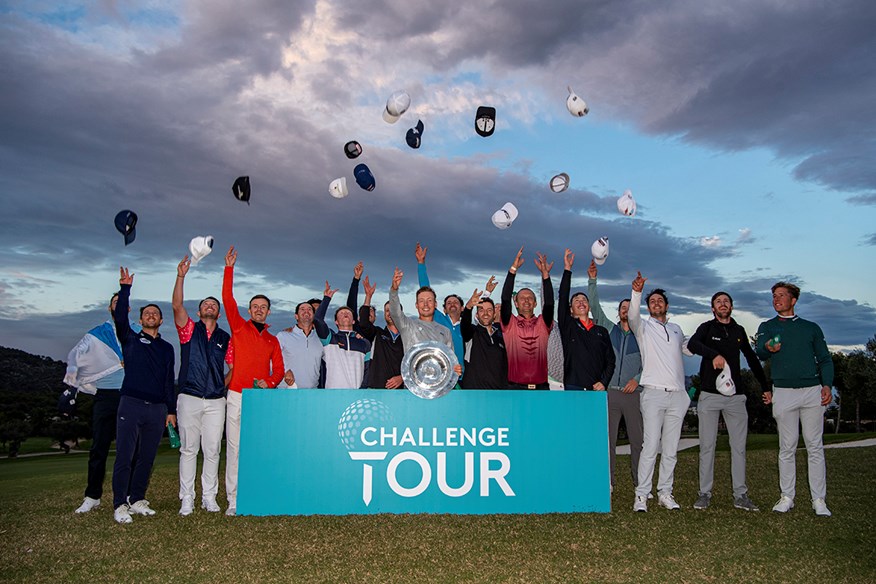
Q. How did you learn to deal with those disappointments, because you do lose more than you win in golf? That’s the irritating thing, right?
God, if you finish second, you’re the first loser. It’s not easy. I mean, a few months ago I finished fifth in Austria, then 22nd in Holland when I felt like it should have been another top 5. I took two weeks off, went to Italy as the defending champion with these big expectations, and I missed the cut. Then I went over to Munich, where the people really wanted me to win, and I was nowhere. Now, I’m back to making baby steps. Trying to get a top 20, then a top 10.
Q. So it’s about reframing your goals?
Exactly. I had to do that on the Challenge Tour because I wasn’t in a great place. It’s not like I was broke, but if you have a certain level of lifestyle, which you’re scared of not being able to maintain with two kids and a wife, you need to rewire your brain a bit. I started to be more grateful for the opportunities given to me. But I’ll be honest, I nearly gave up going back to the Challenge Tour.
It was my life coach, Holger, who told me, “This is the biggest chance of your life.” He said I was taking everything for granted, blaming things on this and on that. He taught me to be harder on the people around me, instead of being so hard on myself. He said I needed to tell people what I required from each of them and if they couldn’t do it, I had to get rid of them. And that’s what I did.
Before, I tried to make everyone happy and put myself last, in a way. It looks different on the golf course when I lose the plot. People probably think this guy is arrogant, egotistical, but that’s not me. I’m a very emotional, soft person. So as soon as I took responsibility, everything got easier.
I got my card back and my confidence went through the roof. Then, of course, when I won again, the expectation went up and I got into this hole. So I’ve come to realise that every time I win, and my expectations go up, my performance level gets worse and worse. That’s something I still have to get better at.
Q. Are you still dreaming big?
For sure, there are big goals ahead. I think I’ve got five more years before the senior tour starts. The dream is still to get a PGA Tour card, play in the Masters, and qualify for the Ryder Cup. Those are the three things I’ve never achieved, so they are on the to-do list.
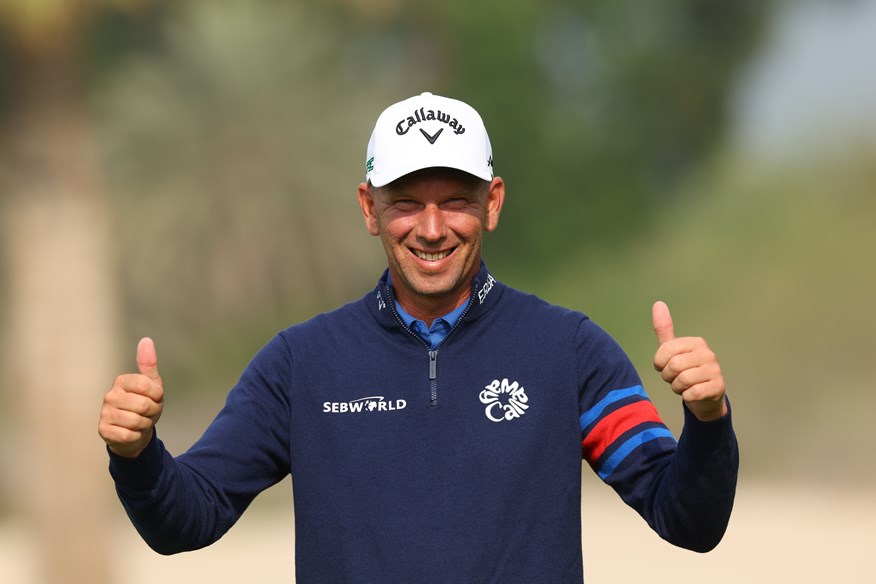
Q. Last year, after winning the Italian Open, you said it was going to be party time for the next three or four weeks. I’m curious to know what you got up to…
I wish I could party as I used to [laughs]. I can’t any more. I went back to Mauritius, had a couple of good nights and that’s it. When you live in Mauritius, the lights go out at 10 o’clock in the evening so you don’t have these all-night benders. But I’m looking forward to another win so I can have a boys’ trip somewhere, hire a boat and party.
Q. You gave an interview on the Life On Tour podcast recently and revealed that you had broken three course records while hungover. The story about Pebble Beach was brilliant. Can you tell me more about the other two?
The other two were both amateur times. I had four in total, actually, the other was in the Canary Islands when I was just starting out on tour. These are things I’m not able to do any more. No chance. I don’t know how I did it. My dad actually got me out of the nightclub one of the times. I was misbehaving a lot, and I remember they kicked me out of the German team.
Then, at the last minute, they decided to have a competition for the ninth-best player through to the 16th-best player. I was so pissed off because I was the No.1 player and they had just kicked me out of the squad. They called my dad, without me knowing, at about 9pm and they said they wanted me to play.
My dad thought it would be a good lesson for me but he didn’t know where I was. And I was 16 years old and I had snuck my way into a nightclub. My tee time was 7.50am and he got me out of that nightclub at 6.30am. And I went and shot a 66 at Haus Kambach without sleep. Those were the days!
Q. It was very much the thing to do among your generation. Do you miss that side, that kind of carefree nature? Is everything a bit too serious now?
Yeah. It’s the money thing as well. Nowadays, you can make so much money, even finishing in the top 20, and the pressure around you to perform just feels so much higher now than when I first came out on tour. I’m not going to say any names, but I was very surprised by how many guys were smoking cigars and cigarettes and going out drinking every night at the bar at the players’ hotel.
It was like, holy moly. I was expecting it to be far more professional and it was not. Nowadays, you don’t see anyone doing that kind of stuff. The boys are all in the gym. Is it less fun? Yes. Do I understand it? Yes. But I think you need a mix. There are some guys who could benefit from doing less and being a bit more relaxed and outgoing. I do see a little day job depression as well. There are a lot of guys who don’t seem too happy. The good thing is that if people see you are in a bad place, they will come up and try to help. There is a lot of friendship on our tour.
Q. On that, is the one regret that you never – or at least up to this point – got your PGA Tour card? Would the lifestyle appeal to you?
Yeah, the golf courses especially. The crowds and the weather as well. I love when it’s firm and with high rough. That’s what I prefer. Looking now, what’s to come after my career on the European Tour, it’s got to be the Champions Tour. That would be easier to qualify for than the PGA Tour. I would definitely miss Europe, don’t get me wrong, but I just want to prove to myself that I can win in America.
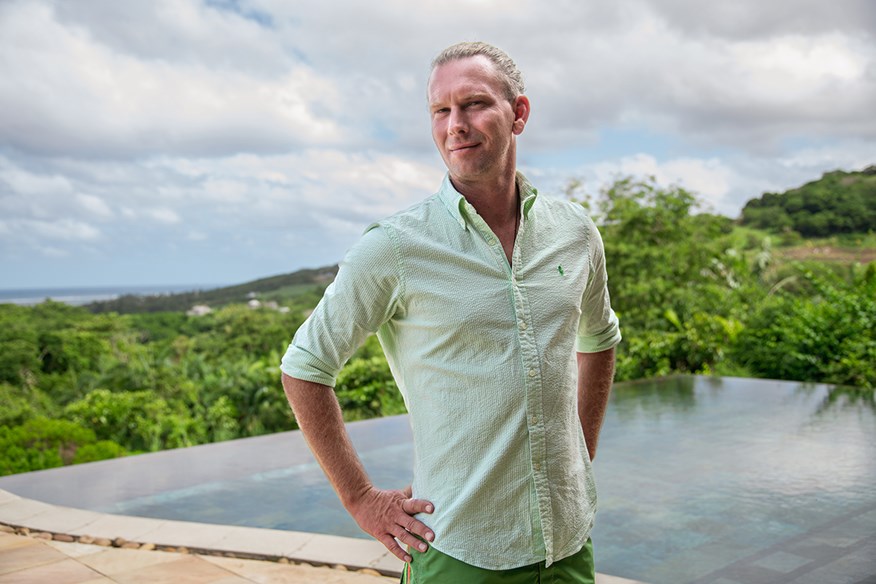
Q. You mentioned that you’re now living in Mauritius. How did that come about?
It was either Florida or Mauritius. Since 2018, I’ve been an ambassador for Heritage Resorts. We spent six weeks every winter there, and I saw how good it was for my golf and for my fitness level, plus my wife went through cancer and to heal up in Mauritius was much better than in the cold in Germany. We love it.
Q. How is your wife now, and how difficult was that period, leaving her to go and play golf?
It was the same year I lost my card, so it was quite hard. But she’s great now, she’s all good, she’s cancer-free. All the surgeries are done which is great. But it was hard. Being on the Challenge Tour, with my wife at home with cancer, during Covid as well, it was a lot to take in. It made me stronger, a lot stronger.
Q. Did it help put things into perspective?
I think it did. I was fighting for the family. It was not only about me any more; it was about getting myself back on track to provide for my family. It was a different pressure because my ego was so down, but the younger guys helped me a lot. They treated me so well and I ended up really enjoying that year I spent on the Challenge Tour. I played 13 events in a row, just driving all the way through Europe.
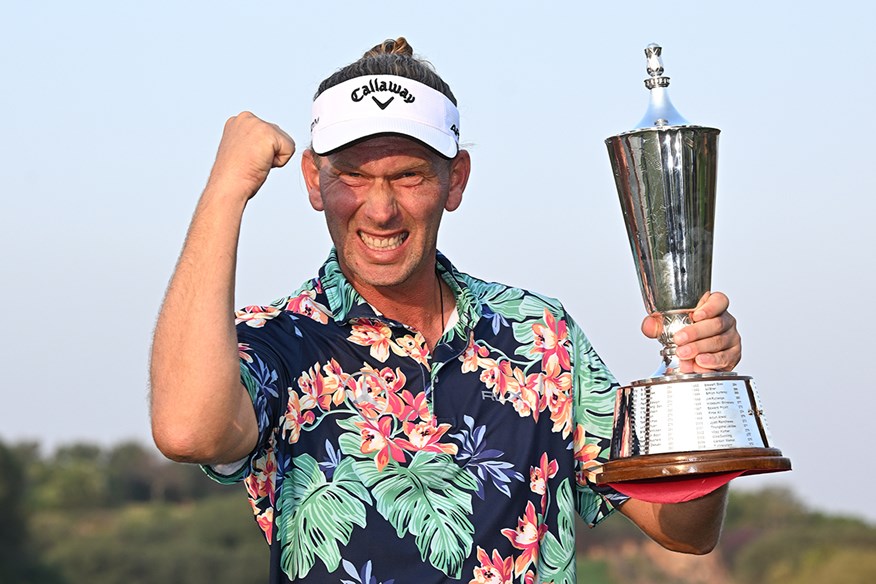
Q. You’ve gone on to make more than 550 appearances on the European/DP World Tour. If you put away the clubs tomorrow, what would be the main highlights?
The win on the Challenge Tour in France [in 2021] I will never forget. When your daughter runs towards you, crying, it’s amazing. India [in 2023] was pretty special after eight years of not winning. And the World Cup of Golf, winning with Bernhard [Langer] in 2006, that was really cool.
Q. Bernhard must have been an idol of yours, growing up?
Oh yeah. My parents were running the clubhouse restaurant in Eichenried in Munich in ’89, and I was nine years old when I met him for the first time. Bernhard was on the putting green with Greg Norman, Olazabal, Ballesteros, Faldo, Monty, Vijay Singh, all these guys. I remember looking at him in awe. They called me up to the putting green and I was allowed to putt with them, which was pretty cool. Bernhard is a great guy. I learned a lot of stuff from him in later life and he took me under his wing when I was in Florida.
Q. Around that time you changed your swing. Do you regret doing that?
Yeah, that was horrible. It was 2014 when I tried to get my card at the Web.com Tour Finals. I didn’t make it and then I changed my coach because I wanted to be more consistent. Everybody was always talking about my grip, so I was like, “OK, let’s change the grip, then.” And it was just horrible. I got injured and then finished 80th in the Race to Dubai. Each year I got worse until I lost my card in 2019. Eventually, I went to see a friend of mine, whom I played amateur golf with, and he got me back on track to my old swing. But it was not an easy process, believe me.
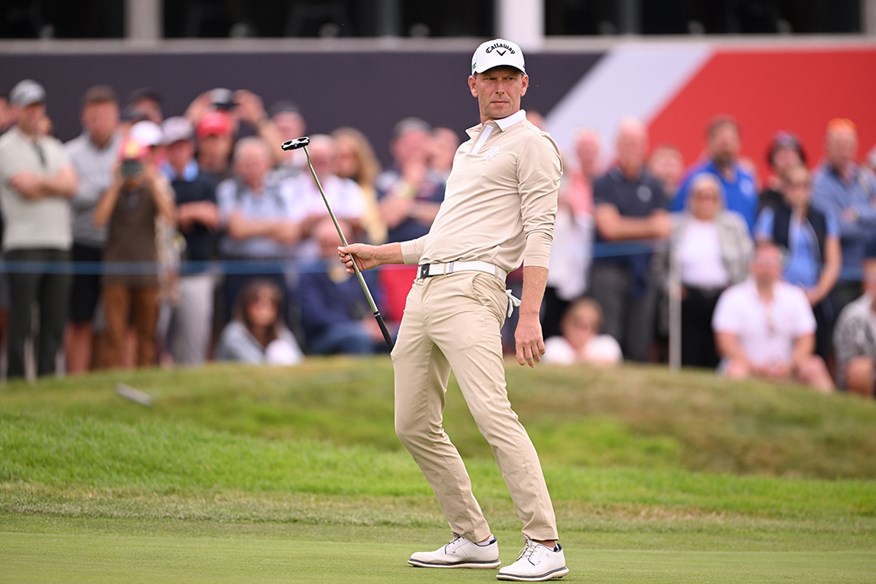
Q. What do you know now that you maybe didn’t know when you first started out on tour?
Don’t surround yourself with energy suckers; surround yourself with energy givers. Be grateful, don’t be grumpy. I always wanted to be nice to people because I think that what you give, you get back. What else? I think when it comes to golf, less is more in a way because you can overtrain easily and lose your feeling. This is something I used to do when I was younger, especially when the bigger events came. All of a sudden, I cranked it up on the range and spent hours and hours there, then I had no energy on the Thursday. Recovery is much more important than hitting a thousand balls.
Q. How do you view the current state of the professional game? Do you like the direction it has been heading in?
I think the game has got way too slow. I think Aimpoint should never be allowed. And I think the game’s still a little bit too stiff. The shirt should be tucked in, but people don’t like me wearing a hat at an angle, for example. They’re thinking about putting this in the rulebook now, that you must have the hat the right way round. I think our game needs to be more easy-going, for sure. Other than those things, there’s not a lot I would change.

Q. What’s your take on the future of the DP World Tour? Are you excited or concerned about this proposed agreement with the PGA Tour and PIF?
It’s very tough for us players because we don’t know what’s happening. I think there were mistakes made, not sure from which side in particular, but it looks like we are the loser from the three parties. Yes, our prize money went up a little bit and is a bit more consistent. But I think there was a big chance to get us on the same level with the PGA Tour that was missed.
Q. If you had a say, would you have been in favour of a partnership with the PIF?
I think all the players on tour thought that was going to happen. I think everybody was thinking that would be the way forward. At the end of the day, for us it would have been great to play for more prize money. Like I said, if you finish top 30 every year on the Race to Dubai, you make good money. But after that, most of the people pay 50% tax, and when you factor in coaches and caddies, it’s not that much.
Everybody thinks we’re super rich, but there’s a big difference between playing for €3 million and €6 million every week. But you have to be careful as a player not to get too wrapped up in all this stuff, otherwise you lose focus on what’s important. For a while, when all this talk began, we didn’t know what the hell was going on. It was very confusing. Even the guys in the office didn’t know, so we will see.
-
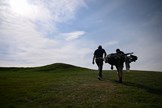 Marcel Siem is a changed man with the help of his wife and psychologist.
Marcel Siem is a changed man with the help of his wife and psychologist.
-
 Marcel Siem was a Challenge Tour graduate in 2021.
Marcel Siem was a Challenge Tour graduate in 2021.
-
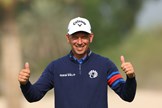 Marcel Siem is an ambassador for Callaway Apparel.
Marcel Siem is an ambassador for Callaway Apparel.
-
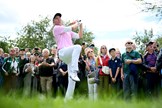 Marcel Siem has played over 500 times on the DP World Tour.
Marcel Siem has played over 500 times on the DP World Tour.
-
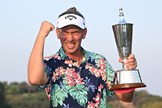 Marcel Siem won for the first time in nine years on the DP World Tour at the 2023 Hero Indian Open.
Marcel Siem won for the first time in nine years on the DP World Tour at the 2023 Hero Indian Open.
-
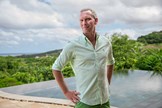 Marcel Siem is still dreaming of playing in the Masters and Ryder Cup.
Marcel Siem is still dreaming of playing in the Masters and Ryder Cup.
-
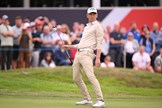 Marcel Siem still has hopes of earning his PGA Tour card through his Race to Dubai ranking.
Marcel Siem still has hopes of earning his PGA Tour card through his Race to Dubai ranking.
-
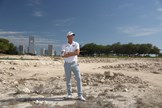 Marcel Siem is a six-time winner on the DP World Tour.
Marcel Siem is a six-time winner on the DP World Tour.
